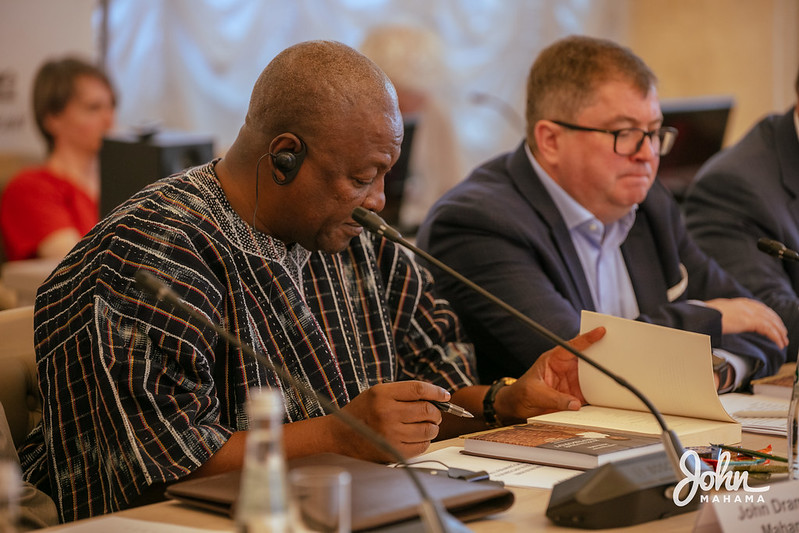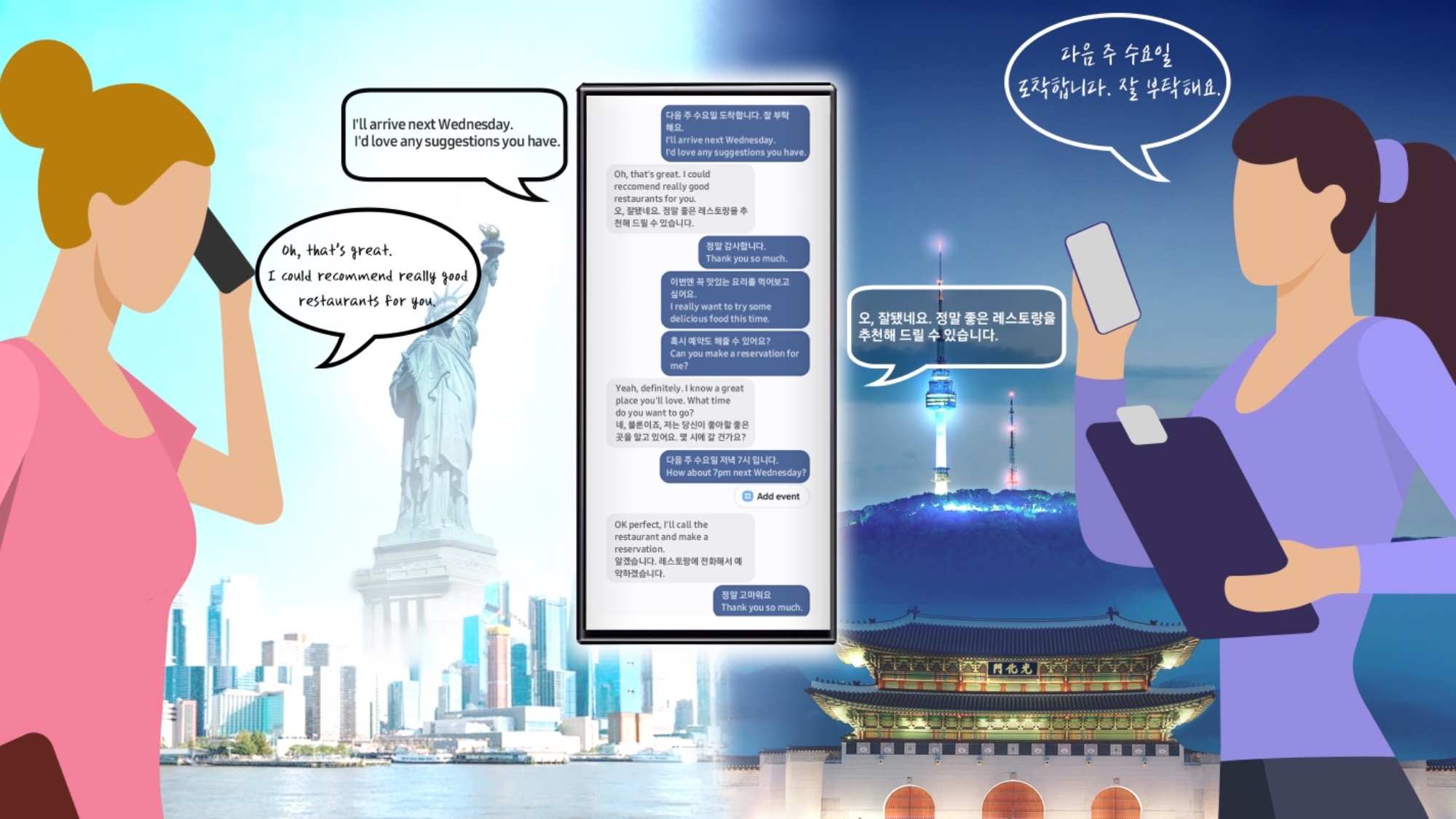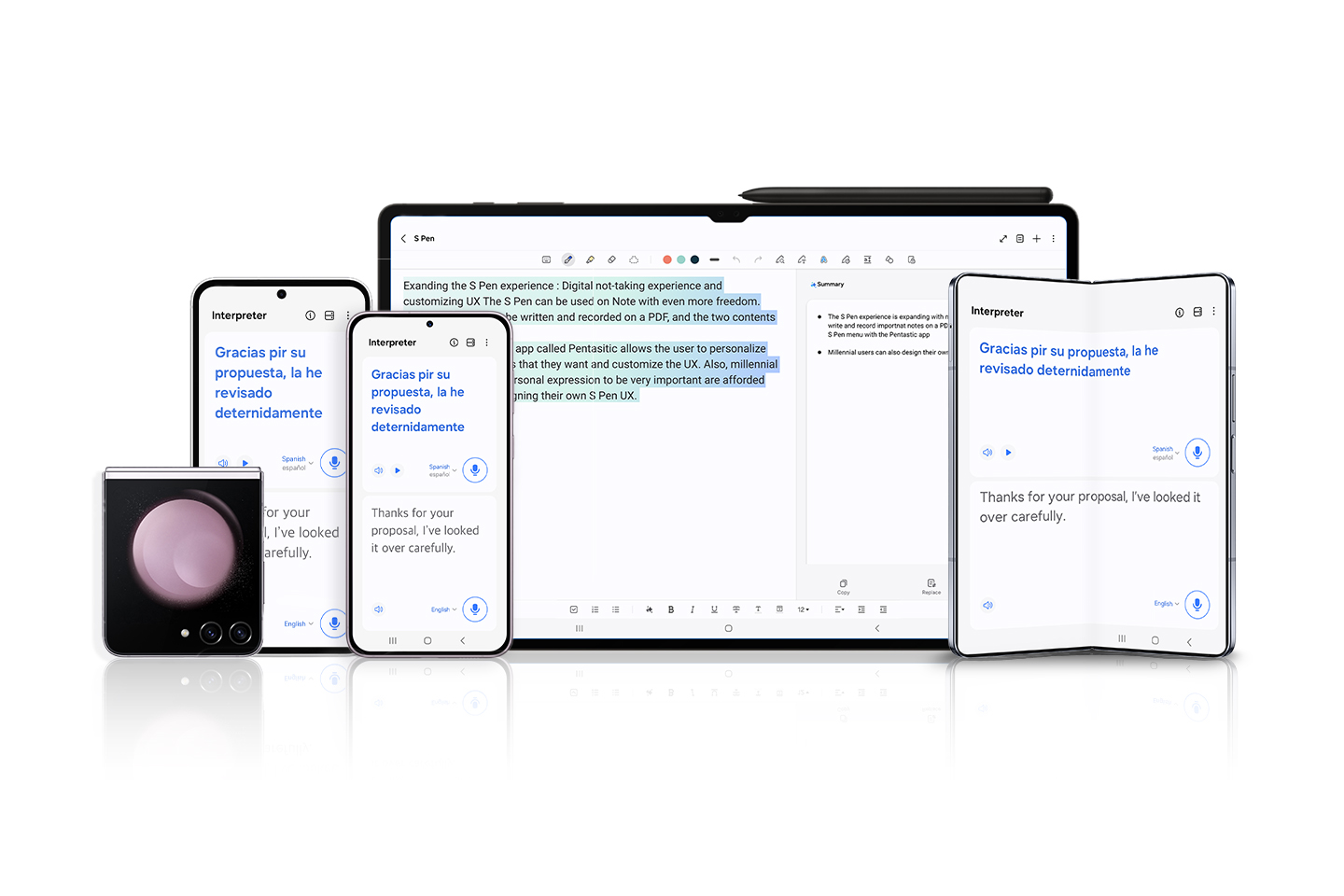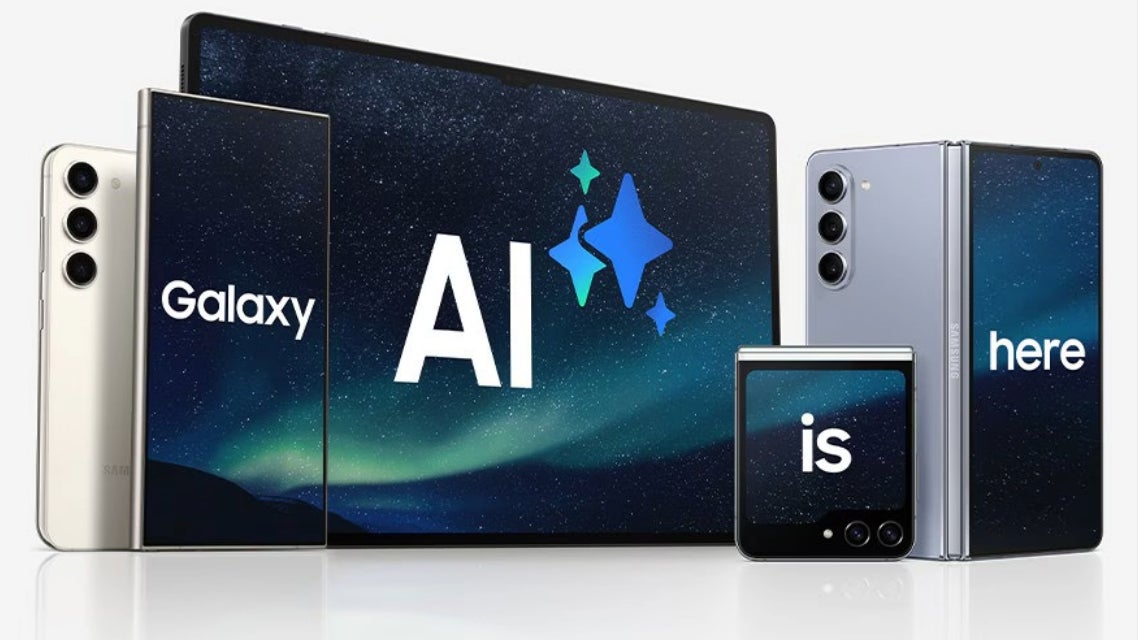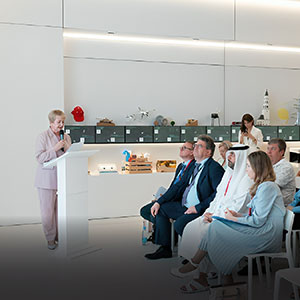
Zayed Higher Organization for People of Determination (ZHO) has launched the Emirati-Russian Psychology Dictionary, the first of its kind in the UAE and around the world. The initiative is part of the international partnership between the organisation and Ural Federal University - Russia, aimed at fostering collaboration in the fields of psychology and psychiatry. The dictionary aims to support learners and researchers in Arabic and Russian.
His Excellency Abdullah Al Humaidan, Secretary-General of ZHO, said: “At Zayed Higher Organization, we believe in the inevitability and necessity of constructive international cooperation that serves common interests and goals. We seek to collaborate with distinguished global institutions and entities in the field of care and rehabilitation for people of determination, especially those specializing in achieving benefits for our members.”
"Upon reviewing the Arabic and foreign scientific literature, it became clear that the Arabic and Russian libraries lack a specialised and comprehensive scientific dictionary that addresses scientific concepts in theoretical, applied, and practical branches of psychology in both Arabic and Russian. Researchers and translators in psychological sciences face challenges in translating psychological concepts in both languages. Therefore, the dictionary serves as a reliable reference that can be utilised in translation processes and scientific research."
His Excellency thanked the entities collaborating with the organisation for issuing the dictionary, noting that it achieves a set of goals, including facilitating the exchange of expertise between the two countries in the field of psychological sciences, enhancing the internationalisation of education, developing cross-cultural cooperation, encouraging joint research and educational activities, as well as providing detailed explanations and concepts for terms used in the field of psychology, and enhancing communication and connection between psychology professionals.
The Emirati-Russian Psychology Dictionary aims to become a scientific tool in psychological research, capable of enhancing understanding and communication in both Arabic and Russian. The dictionary aims to contribute to facilitating the educational-learning and research process, helping learners and researchers better understand psychological concepts and exchange knowledge across cultures.
The dictionary enhances the social and cultural role of psychology in Emirati and Russian societies by providing psychological terms and concepts in both Arabic and Russian to raise public awareness of mental health issues and improve psychological care in the community. The dictionary aims to provide accurate translations and interpretations of Russian concepts used in psychology, thereby enriching knowledge and scientific exchange.
The Emirati-Russian Psychology Dictionary contributes to the development of the field of psychology by understanding all branches of psychological sciences in their theoretical foundations and practical applications. The dictionary reflects the progress in the history of psychology in the UAE and Russia by providing contemporary and modern psychological concepts across all branches of psychology.



